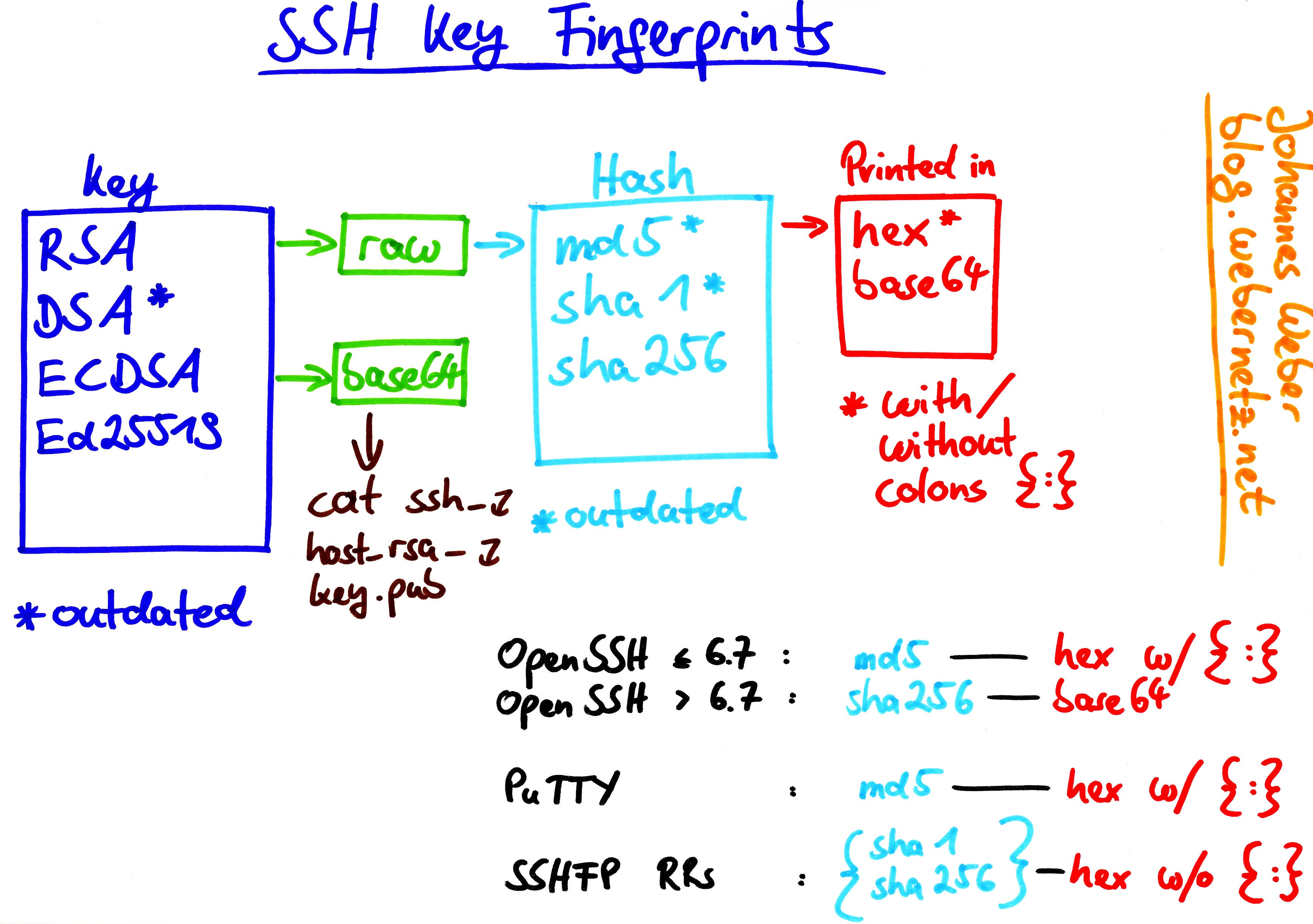Generate Etc Ssh Ssh_host_ed25519_key
Posted By admin On 06.05.20In Debian 7 it seems like ssh doesn't accept ed25519 keys. Support for ECDSA was not added until end of 2013, but wheezy is older How do I enable this in Debian 7? Sep 30, 2014 Since openssh-6.4 you can run the ssh-keygen command to generate any missing host keys: $ ssh-keygen -A ssh-keygen: generating new host keys: ED25519 Related posts. Dec 30, 2015 Due to an error in the installation software introduced on April 10th, 2015, the Ed25519 SSH host keys (/etc/ssh/sshhosted25519key) on the standard images were no longer automatically regenerated. This resulted in identical Ed25519 SSH host keys for each affected OS image.
VST PLUGINS FOR FREE Get producing music straight away with free VST plug-ins and samples in, taken from our leading production suite, KOMPLETE. Voice trap v2 0 vst plugin free download 64 bit.
Introduction into Ed25519
OpenSSH 6.5 added support for Ed25519 as a public key type. It is using an elliptic curve signature scheme, which offers better security than ECDSA and DSA. At the same time, it also has good performance. This type of keys may be used for user and host keys. With this in mind, it is great to be used together with OpenSSH. In this article, we have a look at this new key type.
DSA or RSA
Many forum threads have been created regarding the choice between DSA or RSA. DSA is being limited to 1024 bits, as specified by FIPS 186-2. This is also the default length of ssh-keygen. While the length can be increased, it may not be compatible with all clients. So it is common to see RSA keys, which are often also used for signing. With Ed25519 now available, the usage of both will slowly decrease.
Configuring the server
The first thing to check is if your current OpenSSH package is up-to-date. You will need at least version 6.5 of OpenSSH.

Create SSH host keys
Change SSH configuration (server)
Next step is changing the sshd_config file. Add the new host key type:
HostKey /etc/ssh/ssh_host_ed25519_key
Remove any of the other HostKey settings that are defined.
Client Configuration
After configuring the server, it is time to do the client. We have to create a new key first. Make sure that your ssh-keygen is also up-to-date, to support the new key type. Note: the tilde (~) is an alias for your home directory and expanded by your shell.
Optional step: Check the key before copying it.
ssh-keygen -l -f ~/.ssh/id_ed25519
If that looks good, copy it to the destination host.
ssh-copy-id -i ~/.ssh/id_ed25519.pub michael@192.168.1.251
Then determine if we can log in with it.
$ ssh -i ~/.ssh/id_ed25519 michael@192.168.1.251 Enter passphrase for key ‘~/.ssh/id_ed25519’:
When using this newer type of key, you can configure to use it in your local SSH configuration file (~/.ssh/config). Defining the key file is done with the IdentityFile option.
Host [name]
HostName [hostname]
User [your-username]
IdentityFile ~/.ssh/id_ed25519
IdentitiesOnly yes
Insight: using -o
Normally you can use the -o option to save SSH private keys using the new OpenSSH format. It uses bcrypt/pbkdf2 to hash the private key, which makes it more resilient against brute-force attempts to crack the password. Only newer versions (OpenSSH 6.5+) support it though. For this key type, the -o option is implied and does not have to be provided. Also, a bit size is not needed, as it is always 256 bits for this key type.
Are you already using the new key type? Or other tips for our readers? Leave a comment.
Numerous Apps, Ringtones and WallpapersVarious apps, distinctive ringtones and unique wallpapers are waiting for you to freely download and enjoy.Flash and Jailbreak Are Way IntelligentAuto-match the available firmwares for iOS Devices. Support iOS flash in normal mode, DFU mode and recovery mode. 3u tool cho mac. One-click jailbreak makes the jailbreak process so simple and easy.
Hey everyone,I know a similar question has been asked, however I dont feel like I found in answer so I will ask my question anyway. Please forgive me for asking the same question. I am a Linux noob and am still getting used to how things work in the Linux world.
I have CentOS 7 installed on my machine and everything is working great. However in an effort to increase security on my machine, I generated new ed25519 SSH keys on my Mac. I placed the private key in ~/.ssh/keys and configured
Ed25519 Public Key
/etc/ssh_ssh_config on my Mac to use that specific key. I also pushed the public key to my server using ssh-copy-id -i ~/.ssh/mykey user@host and copied the key info to ~/.ssh/authorized_keys and restarted sshd. Everything works as far as using the ed25519 keys (when connecting using the new key the server provided an ed25519 fingerprint instead of RSA).Generate Etc Ssh Ssh_host_ed25519_key Version
So here's my question..on the server, in the sshd_config file it has HostKey /etc/ssh/ssh_host_ed25519_key in use (un-commented). When I comment out HostKey /etc/ssh/ssh_host_ed25519_key I am unable to connect to the server. What is the point of having that host key if I already created a new key? Is it necessary to have that enabled?
Again I apologize for the noob question but I'm just trying to understand how this works. I have read a few articles about SSH but it never really gave me a clear answer as to what those keys do if I already have new keys created. Go easy on me